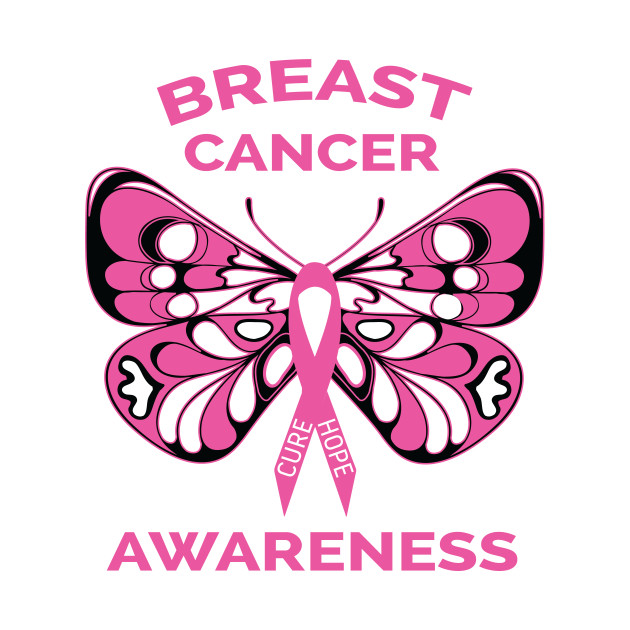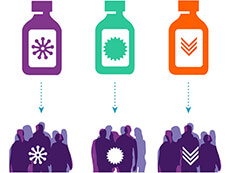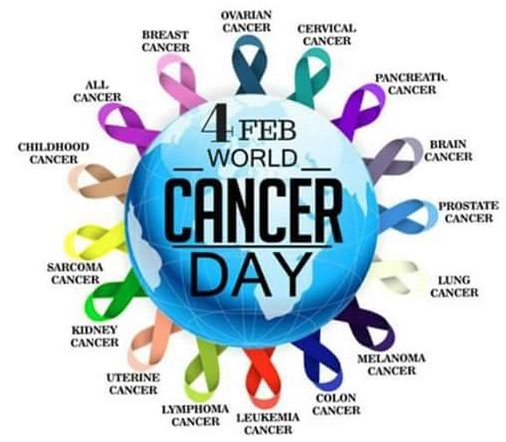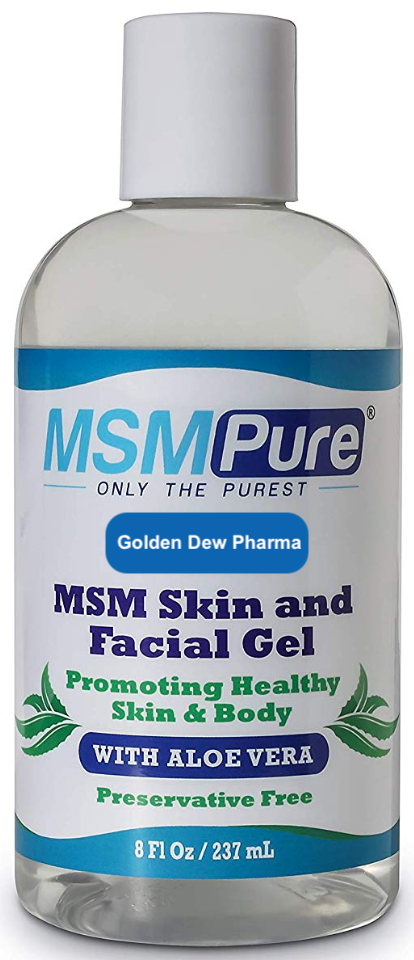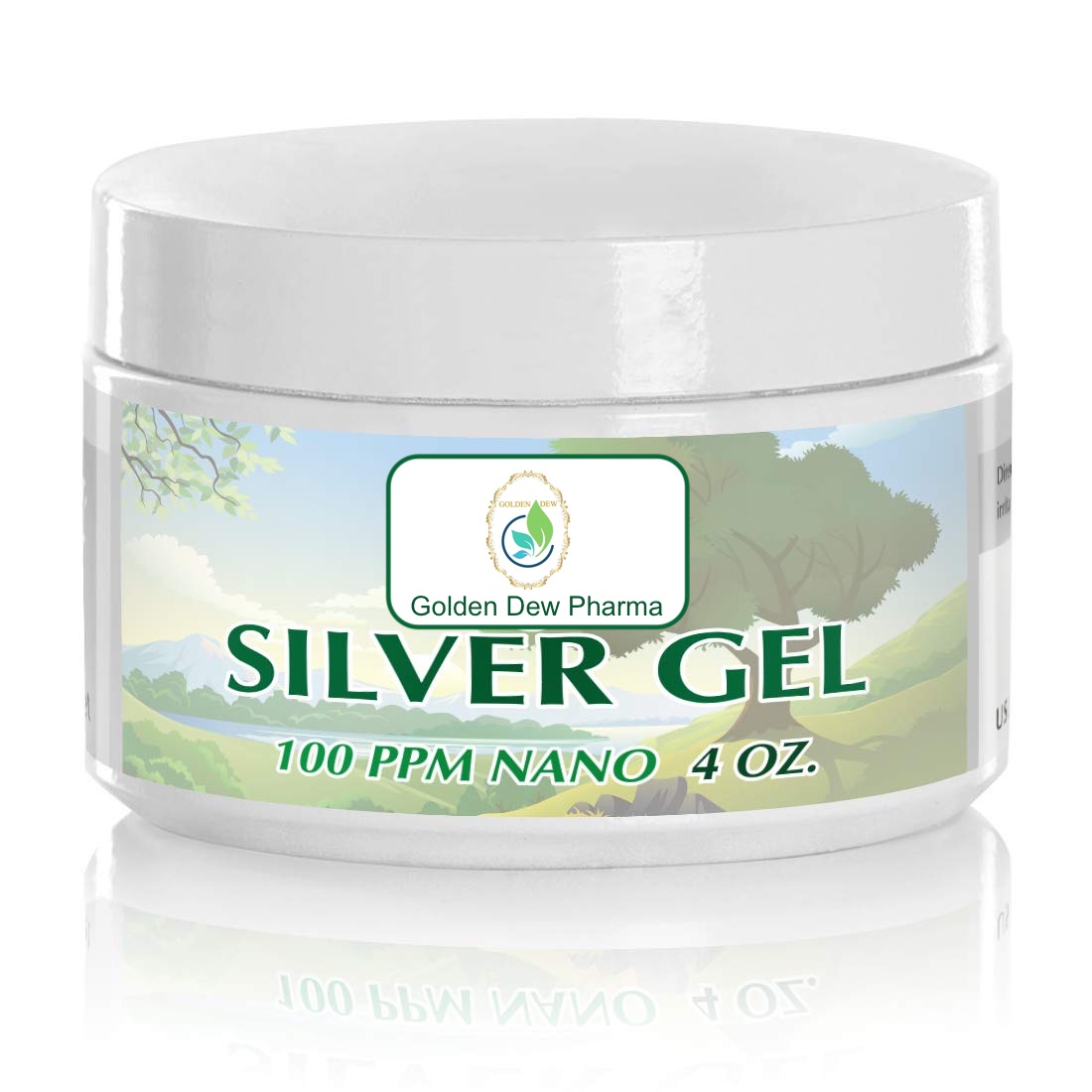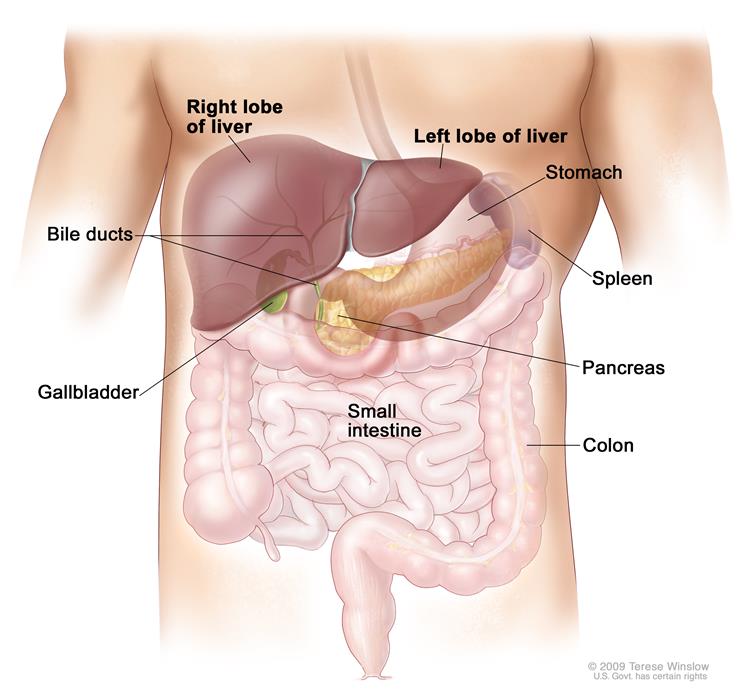|
Sulfur is called nature's "beauty mineral" because it keeps skin smooth and youthful and hair glossy. Sulfur is necessary for the production of collagen and keratin, proteins necessary for the health and maintenance of skin, nails and hair'
$14.95
|
|
Cancer Screening >
Liver Cancer
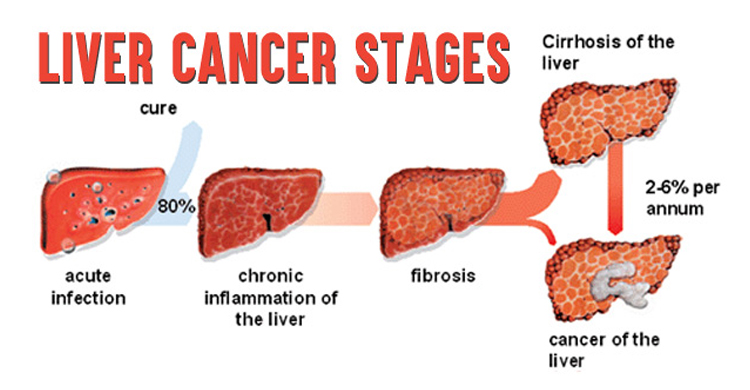 Liver (Hepatocellular) Cancer ScreeningWhat is screening?Screening is looking for cancer before a person has any symptoms. This can help find cancer at an early stage. When abnormal tissue or cancer is found early, it may be easier to treat. By the time symptoms appear, cancer may have begun to spread. Scientists are trying to better understand which people are more likely to get certain types of cancer. They also study the things we do and the things around us to see if they cause cancer. This information helps doctors recommend who should be screened for cancer, which screening tests should be used, and how often the tests should be done. It is important to remember that your doctor does not necessarily think you have cancer if he or she suggests a screening test. Screening tests are given when you have no cancer symptoms. If a screening test result is abnormal, you may need to have more tests done to find out if you have cancer. These are called diagnostic tests. General Information About Liver (Hepatocellular) CancerKEY POINTS
Liver cancer is a disease in which malignant (cancer) cells form in the tissues of the liver.The liver is one of the largest organs in the body. It has two lobes and fills the upper right side of the abdomen inside the rib cage. Three of the many important functions of the liver are:
Anatomy of the liver. The liver is in the upper abdomen near the stomach, intestines, gallbladder, and pancreas. The liver has a right lobe and a left lobe. Each lobe is divided into two sections (not shown). Liver cancer is less common in the United States than in other parts of the world.Liver cancer is uncommon in the United States, but is the fourth most common cancer in the world. In the United States, men, especially Chinese American men, have a greater risk of developing liver cancer. Having hepatitis or cirrhosis can increase the risk of developing liver cancer.Anything that increases the chance of getting a disease is called a risk factor. Having a risk factor does not mean that you will get cancer; not having risk factors doesn't mean that you will not get cancer. People who think they may be at risk should discuss this with their doctor. Risk factors for liver cancer include:
Liver (Hepatocellular) Cancer ScreeningKEY POINTS
Tests are used to screen for different types of cancer when a person does not have symptoms.Scientists study screening tests to find those with the fewest harms and most benefits. Cancer screening trials also are meant to show whether early detection (finding cancer before it causes symptoms) helps a person live longer or decreases a person's chance of dying from the disease. For some types of cancer, the chance of recovery is better if the disease is found and treated at an early stage. There is no standard or routine screening test for liver cancer.Although there are no standard or routine screening tests for liver cancer, the following tests are being used or studied to screen for it: UltrasoundUltrasound is a procedure in which high-energy sound waves (ultrasound) are bounced off the liver and make echoes. The echoes form a picture of the liver called a sonogram. The picture can be printed to be looked at later. CT scanCT scan is a procedure that makes a series of detailed pictures of the liver, taken from different angles. The pictures are made by a computer linked to an x-ray machine. A dye may be injected into a vein or swallowed to help the liver show up more clearly. This procedure is also called CAT scan or computed tomography. Tumor markersTumor markers, also called biomarkers, are substances made by the tumor that may be found in the blood, other body fluids, or tissues. A high level of a specific tumor marker may mean that a certain type of cancer is present in the body. Alpha-fetoprotein (AFP) is the most widely used tumor marker for detecting liver cancer. However, other cancers and certain conditions, including pregnancy, hepatitis, and other types of cancer, may also increase AFP levels. Specific tumor markers that may lead to early detection of liver cancer are being studied. Screening tests for liver cancer are being studied in clinical trials.Information about clinical trials supported by NCI can be found on NCI’s clinical trials search webpage. Clinical trials supported by other organizations can be found on the ClinicalTrials.gov website. Risks of Liver (Hepatocellular) Cancer ScreeningKEY POINTS
Screening tests have risks.Decisions about screening tests can be difficult. Not all screening tests are helpful and most have risks. Before having any screening test, you may want to discuss the test with your doctor. It is important to know the risks of the test and whether it has been proven to reduce the risk of dying from cancer. The risks of liver cancer screening include the following:False-negative test results can occur.Screening test results may appear to be normal even though liver cancer is present. A person who receives a false-negative test result (one that shows there is no cancer when there really is) may delay seeking medical care even if there are symptoms. False-positive test results can occur.Screening test results may appear to be abnormal even though no cancer is present. A false-positive test result (one that shows there is cancer when there really isn't) can cause anxiety and is usually followed by diagnostic tests and procedures, such as a liver biopsy, which also have risks. Side effects may be caused by procedures to diagnose liver cancer.Abnormal screening results may lead to a liver biopsy to diagnose liver cancer. Liver biopsy may cause the following rare, but serious, side effects:
Your doctor can advise you about your risk for liver cancer and your need for screening tests. |
|
|

OPEN 24 HOURS: ACCIDENT EMERGENCY, LAB SERVICES, IMAGING SERVICES & PHARMACY

